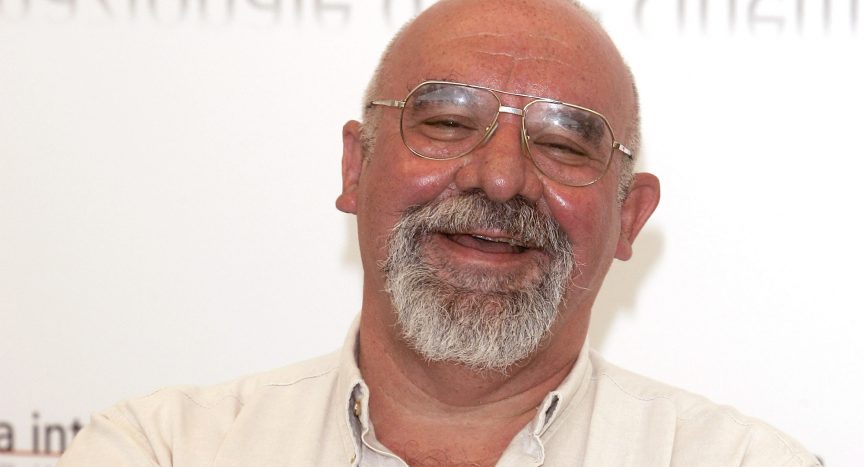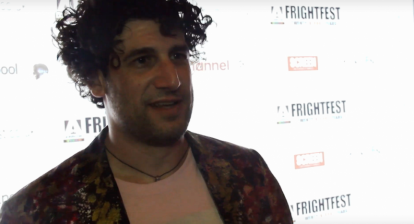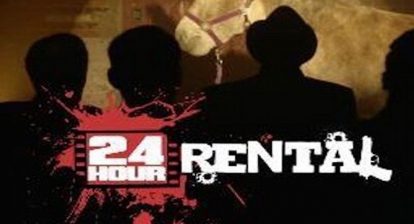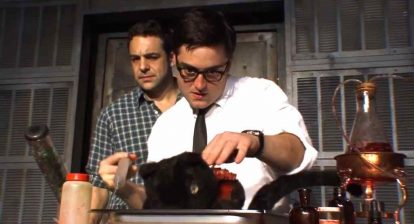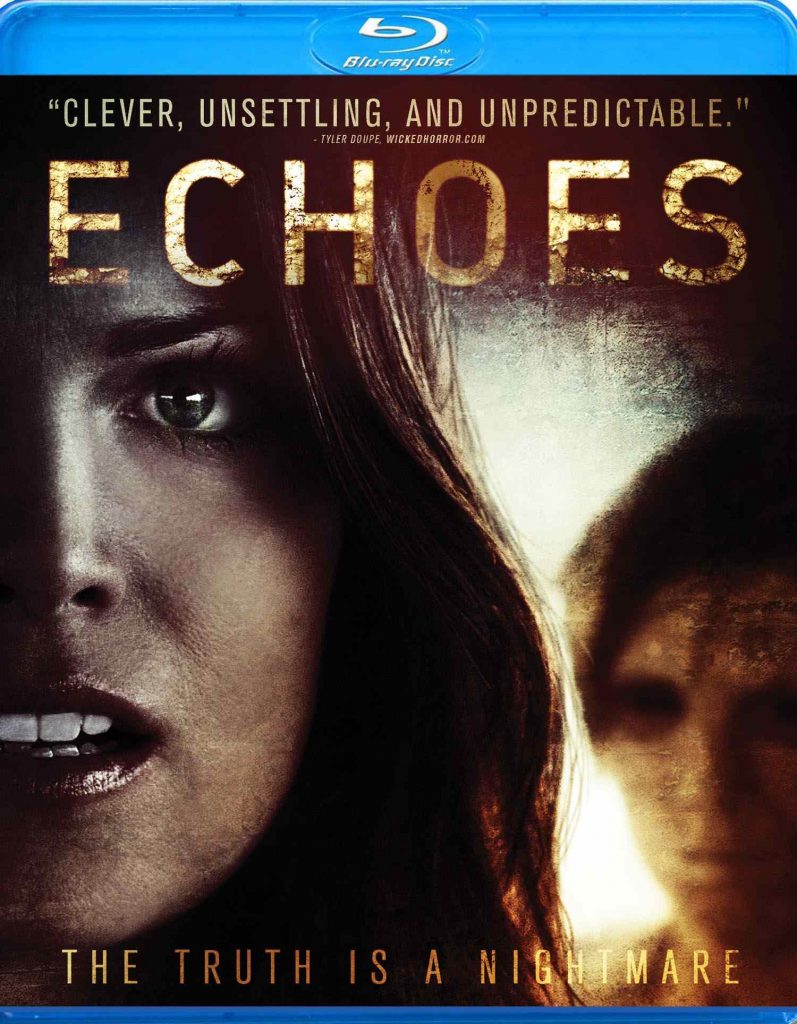Stuart Gordon is best remembered for his 1985 debut film, Re-Animator. With buckets of blood and a decapitated head giving head (a visual pun Gordon’s high school buddy and frequent writer Dennis Paoli was so excited to write that he phoned Gordon in the middle of the night), the film launched Gordon’s movie career. Before that Gordon worked in his college’s theater, where he and his future wife were arrested on obscenities charges for a production of Peter Pan where dancing naked coeds were used as a canvas for a lightshow. He dropped out of school after that to form his own theater company in Chicago before taking a leave of absence to direct Re-Animator. That leave stretched for much of the rest of his career as he directed twelve more feature films.
Stuart Gordon: Interviews edited by Michael Doyle starts with the provocative production of Peter Pan, as do many of the introductions to the interviews. From there, they go into Re-Animator frequently, no matter which of his films are the subject of the current interview. It got to a point that in 2011 Gordon told Joe Bannerman, “Re-Animator has become my middle name. I’m cool with that. If it weren’t for Re-Animator, I wouldn’t be making movies. I’m always happy to talk about that film, but I like it when I get questions about some of the other movies I’ve done as well” (185). Editor Michael Doyle does his best to tone it down, writing some of the interviews “have been edited slightly on the sufferance of their authors to partially remedy this issue” (xvi). The other repetitions in the collection feel as though they’re Gordon’s favorite subjects.
Did You Know? Wicked Horror TV Has Classic and Independent Horror Films Available to Stream for Free!
Some of these repetitions are illuminating. For example, Gordon had repeated run-ins with the MPAA, but all the way back in 1968 when he was working in college theater he told the Petoskey News-Review, “No one has a right to censor a work of art except the audience” (3). It’s fascinating to see how his stance toward censorship changes through the years, getting more staunchly anti-censorship as the ratings boards fought him vociferously on From Beyond, but by the end of his career the MPAA seemed to back off him and he stopped talking about them. Without the repetitions, this progression wouldn’t be clear.
Gordon evolves in other ways as well. At first he was eager to talk about projects that were in pre-production, but eventually he refused, saying it was bad luck. Without those earlier interviews, we’d be robbed of the tantalizing knowledge of the unmade House of Re-Animator, a film that would’ve followed Jeffrey Combs’s Herbert West bringing Vice President Dick Cheney back to life. Gordon’s other frequent collaborator Barbara Crampton would’ve starred as the First Lady.
Related: For a preview, check out this interview that Wicked Horror Managing Editor Tyler Doupe´contributed to the tome.
Gordon evolved as an interviewee as well, so some of the best interviews come later in the book. A trio of interviews that Gordon gave to Doyle printed back-to-back-to-back are especially powerful. The two delve deeply into Gordon’s influences—specifically H.P. Lovecraft, Roman Polanski, and Stanley Kubrick. Gordon is effusive with his praise and articulates what the way those three mastered their craft. This trio of interviews is also one of two places where a journalists asks Gordon, who made five adaptations of Lovecraft’s work, about Lovecraft’s bigotry (as well as Polanski’s sexual assault).
Stuart Gordon: Interviews is the third book in the University Press of Mississippi Conversations with Filmmakers series I’ve reviewed (the previous two were interviews of William Friedkin and Wes Craven). These books are special. They have much of the same information you would get in a biography, without a biographer between reader and filmmaker. Some things are lost by only getting primary information, but Stuart Gordon: Interviews gives readers a sense of what it would be like to sit down across a table from the director: a warm, funny person who liked to push the envelope. If you’re a fan of his films, this book is a must read.
